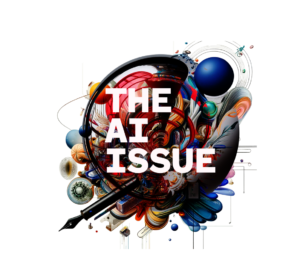Review: Klara and the Sun Tackles AI Regulation
Kazuo Ishiguro's beautiful meditation on the parameters that constrain robots and humans alike


The literal and figurative search for enlightenment by a solar-powered "Artificial Friend" drives the plot of Klara and the Sun, a 2021 novel by Kazuo Ishiguro. Purchased to serve as a companion to a fragile and isolated genetically augmented child, the robot Klara's autonomy and potential are limited by strict constraints on AI.
Klara's primitive, spontaneous sun worship and deep loyalty to her charge govern her choices in ways she only barely understands.
Over the course of the novel, it becomes clear that Klara is not alone—her humans are equally hemmed in by state, society, and their own fallibility.
The book's beautiful prose floats effortlessly over heavy questions of free will, epistemology, and faith.
This article originally appeared in print under the headline "Klara and the Sun."


Hide Comments (0)
Editor's Note: As of February 29, 2024, commenting privileges on reason.com posts are limited to Reason Plus subscribers. Past commenters are grandfathered in for a temporary period. Subscribe here to preserve your ability to comment. Your Reason Plus subscription also gives you an ad-free version of reason.com, along with full access to the digital edition and archives of Reason magazine. We request that comments be civil and on-topic. We do not moderate or assume any responsibility for comments, which are owned by the readers who post them. Comments do not represent the views of reason.com or Reason Foundation. We reserve the right to delete any comment and ban commenters for any reason at any time. Comments may only be edited within 5 minutes of posting. Report abuses.
Please to post comments
Mute this user?
Ban this user?
Un-ban this user?
Nuke this user?
Un-nuke this user?
Flag this comment?
Un-flag this comment?